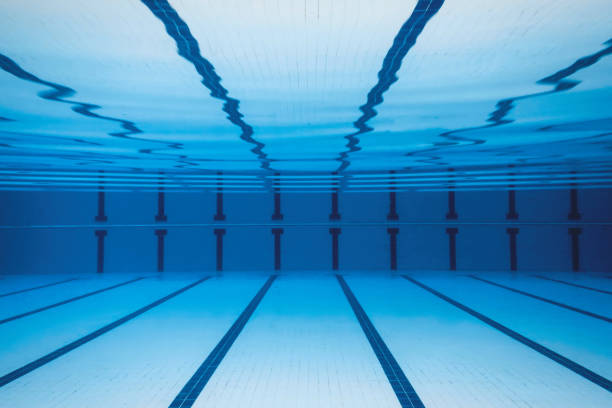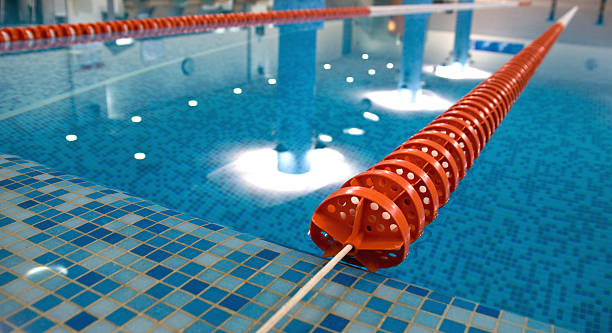
Competitive vs Recreational Swimming
Swimming is a versatile and refreshing activity that encompasses both competitive and recreational facets. Each has its unique characteristics, attracting individuals based on their preferences, goals, and lifestyles. But which is better competitive vs Recreational swimming.
Introduction to Competitive vs Recreational Swimming
Competitive swimming and recreational swimming represent two sides of the same coin, each offering distinct experiences and benefits. Competitive swimming revolves around structured events and rigorous training, focusing on achieving peak performance, while recreational swimming caters to a more relaxed and leisurely approach, emphasizing enjoyment and wellness.
Differences Between Competitive vs Recreational Swimming
Goal and Focus
In competitive swimming, the primary goal is to achieve peak performance, breaking personal records, and excelling in organized competitions. The focus lies on intense training and competition, where every stroke and time count. On the other hand, recreational swimming centers on enjoyment, relaxation, and personal well-being. It’s not about beating records but finding solace and joy in the water.
Training and Techniques
Competitive swimming demands a rigorous training regimen, with structured sessions designed to enhance speed, endurance, and technique. Swimmers follow strict routines and techniques under professional guidance. Recreational swimmers adopt a more casual approach, engaging in varied strokes and activities for fun and relaxation without strict adherence to professional techniques.
Environment and Atmosphere
Competitive swimming creates an environment of intense competition, where swimmers often face pressure to perform, pushing themselves to their limits. The atmosphere is charged with the competitive spirit, which drives swimmers towards their best. Recreational swimming, in contrast, fosters a laid-back and social setting. It’s about enjoying the water, connecting with others, and having a good time without the pressure of competition.
Physical and Mental Benefits
Competitive Swimming Benefits
Competitive swimming not only enhances physical endurance and strength but also instills mental toughness and discipline. Enduring rigorous training schedules develops a high level of mental resilience and determination. Improve Mental Toughness using the IFS technique
Recreational Swimming Benefits
Recreational swimming offers stress relief and mental relaxation. It improves overall fitness, aiding in weight management, cardiovascular health, and mental well-being. The meditative quality of swimming is a great stress-buster.
Community and Social Aspects
Competitive Swimming Community
The community around competitive swimming thrives on team spirit and rivalries. Athletes often form strong bonds with their team members and competitors. Moreover, the competitive environment paves the way for professional networking, creating opportunities for career growth in the sporting world.
Recreational Swimming Community
The recreational swimming community is inclusive and supportive, welcoming swimmers of various skill levels. It focuses on building friendships and connections, often leading to social events and group activities, fostering a sense of belonging and camaraderie.
Accessibility and Entry Barriers
Access to Competitive Swimming
Entering the realm of competitive swimming requires a considerable commitment of both time and finances. Costs associated with specialized coaching, equipment, and access to quality training facilities can pose entry barriers for many aspiring swimmers.
Recreational Swimming for All
In contrast, recreational swimming is highly accessible, requiring minimal equipment and being available at various locations, from public pools to natural water bodies. It’s an affordable and easily accessible activity suitable for people of all ages and backgrounds.
Conclusion
In the end, both competitive and recreational swimming offer unique experiences and benefits. While competitive swimming tests and hones one’s abilities under pressure, recreational swimming provides a space for relaxation and personal growth. Whether in pursuit of medals or seeking serenity in the water, swimming caters to diverse preferences, making it a truly versatile and enjoyable activity.
FAQs (Frequently Asked Questions)
- Is competitive swimming suitable for beginners? Competitive swimming often demands a certain level of skill and commitment, making it challenging for beginners. However, with dedication and training, beginners can gradually progress.
- Can recreational swimming help in weight loss? Yes, recreational swimming, combined with a balanced diet, can contribute to weight management and overall fitness.
- Do I need special equipment for recreational swimming? Basic swimwear is enough for recreational swimming; additional equipment like goggles and swim caps can enhance the experience but aren’t mandatory.
- How can I transition from recreational swimming to competitive swimming? To transition, consider joining swimming clubs or seeking professional coaching to refine your techniques and gradually increase training intensity.
- Are there age limitations for competitive swimming? While there are various age categories in competitive swimming, the sport is open to people of all ages, provided they meet specific competition criteria.


